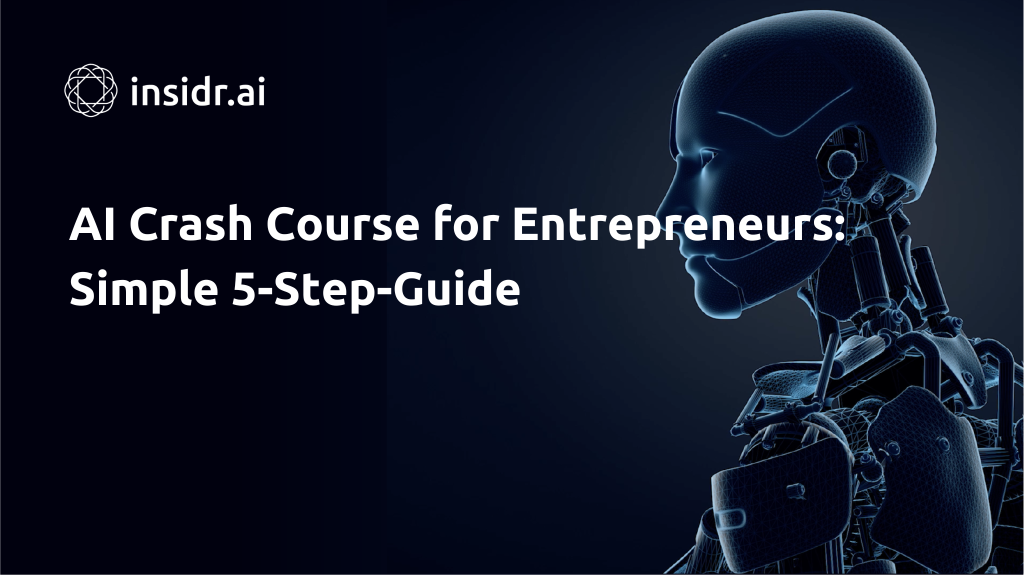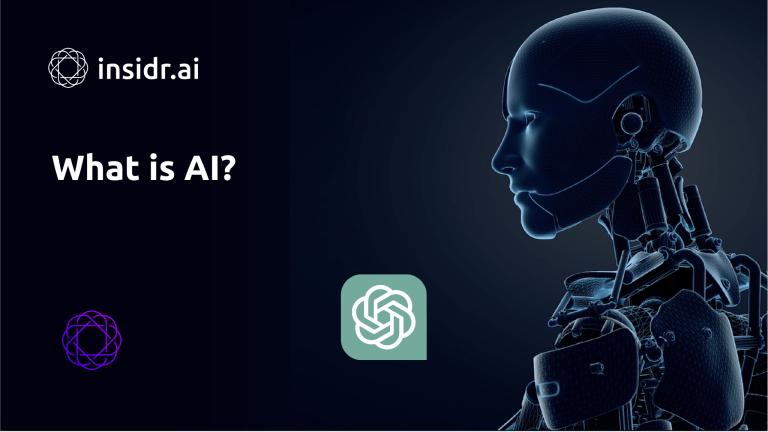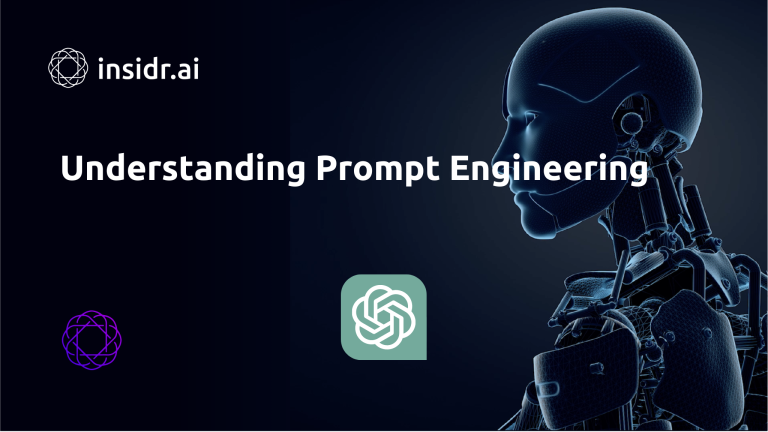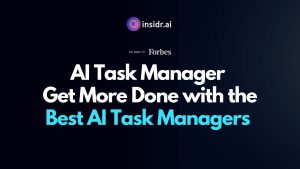
Artificial Intelligence (AI) has become a hot topic for entrepreneurs and businesses around the world.
Entrepreneurs who harness the power of AI stand to gain a competitive edge in their industries.
In this article, we present a comprehensive 5-step AI crash course tailored for entrepreneurs.
This AI crash course consists of a year of learning AI for entrepreneurship; into just a couple minutes of reading, and the best part is, you don’t need to be a coding expert to get started.
This is a quick crash course to understand the basics of AI, and afterwards, you can explore our AI Academy for more resources and guides.
Step 1: What is AI?

AI, short for Artificial Intelligence, refers to the simulation of human intelligence within machines.
It enables machines to think and act like humans, performing tasks that traditionally required human intelligence.
AI has already replaced humans in various domains, from data entry to medical diagnosis, fraud detection, and customer service.
The benefits of AI include cost-efficiency, scalability, elimination of human error, and data-backed decision-making.
AI is an umbrella term that encompasses various disciplines, including Machine Learning (ML), Natural Language Processing (NLP), Computer Vision, Robotics, and more. ML, a core aspect of AI, involves training computers with data to make predictions.
NLP enables computers to understand and generate human language, while computer vision focuses on visual data interpretation.
Step 2: Understanding Large Language Models
Large Language Models (LLMs) is what drives AI and is an important part to understand.
These advanced AI algorithms, such as GPT-3 by OpenAI, are trained on massive datasets and can generate human-like text.
GPT-3 can craft coherent paragraphs with just a few initial words, making it a powerful tool for entrepreneurs.
LLMs are excellent at pattern recognition and pattern generation.
They allow us to generate specific content by providing instructions.
The bigger the training dataset, the more accurate the model becomes.
GPT-3, for example, was trained on hundreds of billions of words.
Step 3: Understanding APIs
To harness the power of LLMs and build AI applications, entrepreneurs need access to these models programmatically.
Application Programming Interfaces (APIs) provide that access. Think of APIs as menus at a restaurant; you order specific functionalities from a software application through an API.
Companies like OpenAI offer various sub-models on their API menu, each designed for different purposes.
By making API calls, you can instruct the AI to perform specific tasks.
For example, you could create an AI-powered resume writing tool by sending user input and instructions through an API call.
Step 4: Understanding Prompt Engineering

Prompt engineering is a critical skill when working with AI.
It involves instructing the AI to perform tasks by providing prompts.
The quality of your prompts directly affects the quality of the AI’s output, following the “garbage in, garbage out” principle.
Writing effective prompts is essential for extracting maximum value from LLMs.
Well-written prompts can make or break an AI-powered application.
For a more in-depth guide on prompt engineering, refer to our linked resource.
Step 5: Building on Top of Large Language Models
Now that you have a foundational understanding of AI entrepreneurship, it’s time to explore three promising AI business formats:
Business Format 1: Prompt-Based Businesses
Prompt-based businesses involve crafting well-crafted prompts to convert LLMs into tools for specific use cases.
You can create AI tools for tasks like resume writing, copywriting, or data analysis by sending prompts and user input via API calls.
Business Format 2: Fine-Tune Based Businesses
Large language models like GPT-3 can be fine-tuned for specific purposes.
Fine-tuning allows you to train an AI model to recognize new patterns.
For example, you can fine-tune an LLM to become an expert social media sentiment analysis bot by providing it with labeled data.
Business Format 3: Custom Data Chatbot Businesses
Custom data chatbot businesses are all about making complex, structured data accessible through chatbots.
By converting natural language prompts into database queries, you can create chatbots that retrieve specific information from your data.
This format opens up opportunities in various industries, from e-commerce to analytics.
Conclusion
Congratulations! You’ve completed our 5-step AI crash course for entrepreneurs.
You now possess the knowledge to identify and execute on AI-driven opportunities in various industries.
Remember, you’re still early in the AI landscape, which gives you both a knowledge and time advantage.
Stay curious, explore AI possibilities, and embrace the AI revolution to build the business of your dreams.
Discover More AI Tools
Every week, we introduce new AI tools and discuss news about artificial intelligence.
To discover new AI tools and stay up to date with newest tools available, click the button.
To subscribe to the newsletter and receive updates on AI, as well as a full list of 300+ AI tools, click here.










